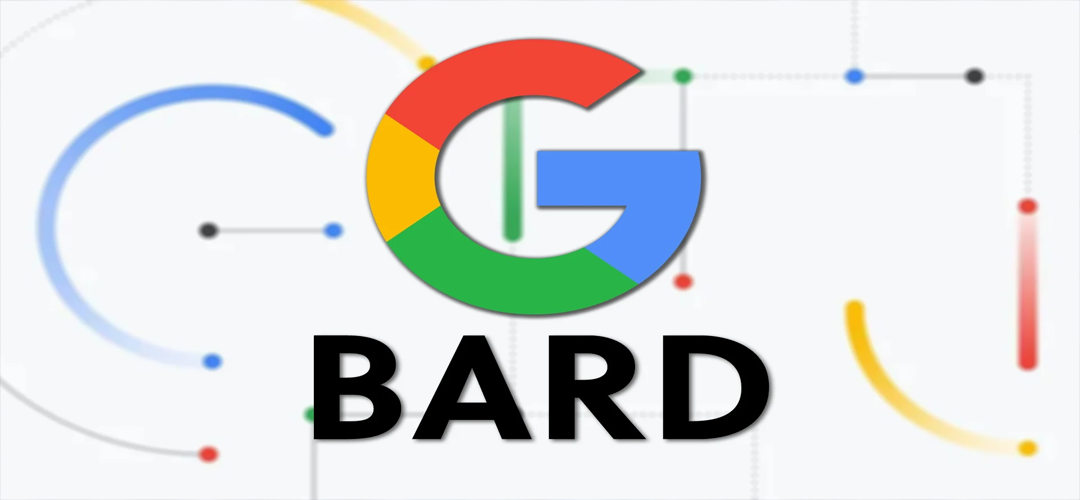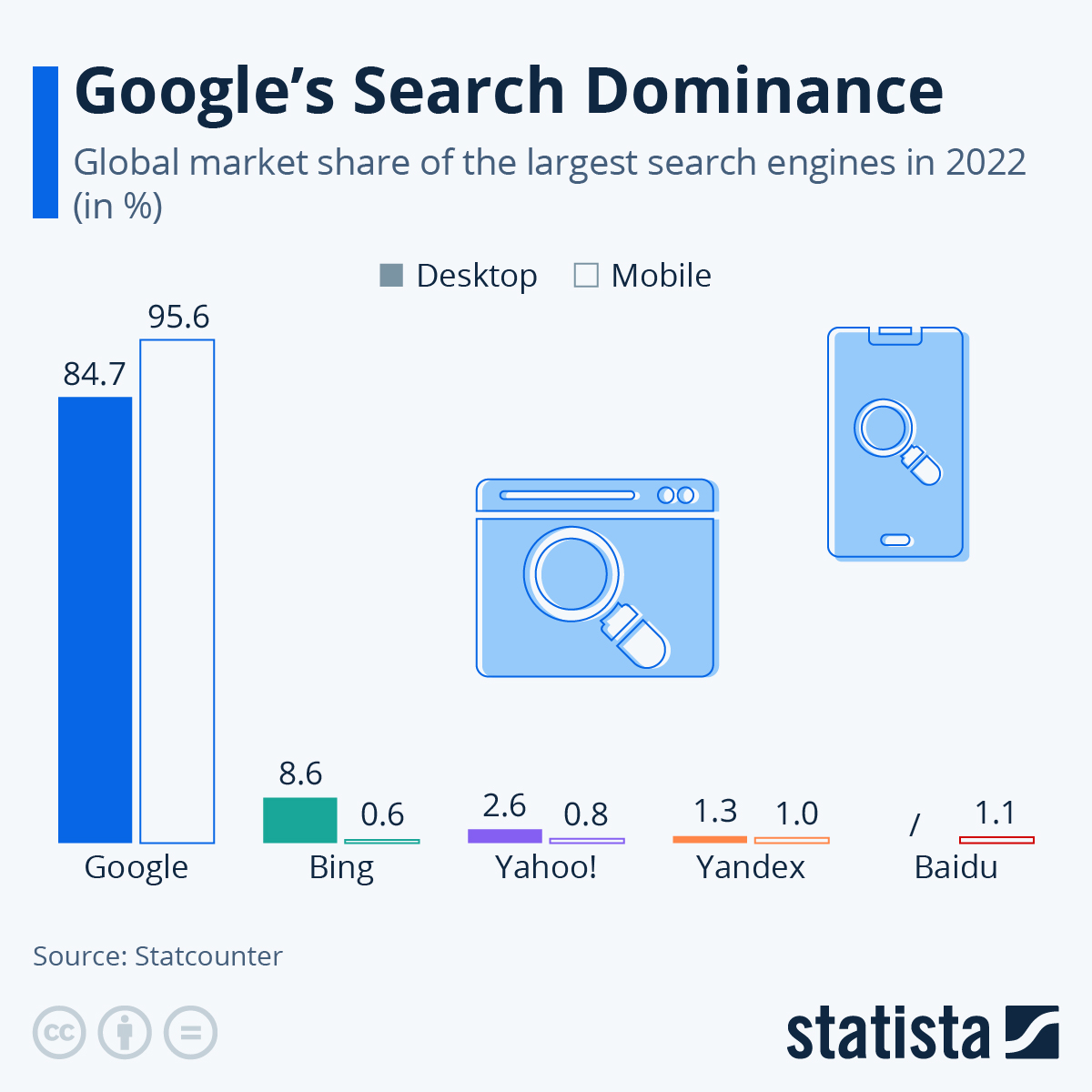The Next Step in Ai-language Modelling
April 8, 2023 | Expert Insights

Google has launched its latest search feature, Bard, to rival OpenAI’s ChatGPT and Microsoft’s Bing Chat. As per media reports, the introduction of ChatGPT created panic in Google headquarters as the new AI-assisted tool threatened to take an unassailable lead, leading to a 'Code Red' being declared in Google's innovation labs.
Google has grounds to be worried as ChatGPT has been an instant hit, attracting over a million users within the first week of its introduction and counting. It is being called the 'fastest growing app of all time."
Background
Bard is an AI-assisted chat service which is conversational. While it would mirror ChatGPT in functionality, it will pull its information directly from the web. Bard is powered by Google's Language Model for Dialogue Applications (LaMDA), which was built two years ago using Transformer (Google's open-source neural network architecture), just like GPT-3, the language model of ChatGPT.
Unlike Bing Chat, Bard generates all its information without looking up search results. Bard is designed to assist users in brainstorming and answering queries while integrating it as an essential part of the Google Search experience.
During a live demo at Google's London offices, Bard generated ideas for a child's bunny-themed birthday party and provided a variety of houseplant care tips. Google's senior product director, Jack Krawczyk, stated that Bard is viewed as a "creative collaborator."
This launch is essential for Google as Microsoft and OpenAI have formed a partnership to compete for Google's top spot in search. Google had a shaky start in their response, which caused a $100 billion drop in its value.

Analysis
Bard represents a significant step forward in Google's search capabilities, as it aims to provide a more intuitive and personalized experience for users. By allowing users to interact with Bard using everyday language, Google hopes to increase engagement and improve user experience on its platform.
One of the most notable aspects of Bard is its focus on user input. Google is inviting users to suggest improvements and provide feedback, using a crowdsourcing approach to refine Bard's capabilities. This is a smart move, as it ensures that Bard stays up-to-date with the evolving needs of its users.
The success of Bard will depend on its ability to understand and respond to natural language queries while maintaining the accuracy and reliability of its search results. This is where Google's expertise in natural language processing and machine learning will come into play. The company has been at the forefront of these technologies for years and has a strong track record in developing advanced AI-powered products.
Another advantage of Bard is its potential to reduce bias in search results. Traditional search engines are known to prioritize certain types of content over others based on factors like search volume and popularity. This can result in a skewed representation of information and limit the diversity of perspectives available to users. Bard's conversational approach and user input feature could help to address this issue by providing a more personalized and diverse set of results.
However, there are also concerns about the impact of Bard on privacy and security. As with any AI-powered system, Bard will require access to vast amounts of user data in order to improve its capabilities. Google will need to ensure that this data is collected and used in a responsible and transparent way and that users are aware of the risks and benefits of using Bard.
Bard is still in its infancy, as was embarrassingly demonstrated during its unveiling ceremony. To a question related to the James Webb Space Telescope, Bard had inaccurately replied, which immediately became viral as experts pointed out that the output response was factually incorrect. It was even more comical when basic arithmetic and logical reasoning questions were thrown at the AI chatbot.
Assessment
- As Google itself has accepted, Bard is still a toddler, learning to walk. Users have been requested to pitch in with suggestions and improvements to make it a really powerful tool with a wider application.
- Overall, Bard represents an exciting development in the search engine landscape, and Google's move to invite user input could be a game-changer in terms of improving its search capabilities.
- However, it remains to be seen how successful Bard will be in competing with ChatGPT and other AI-powered language models. Additionally, the impact of Bard on the privacy and security of user data remains a concern that Google will need to address.








Comments